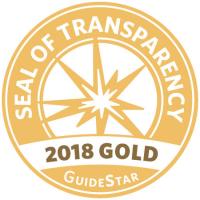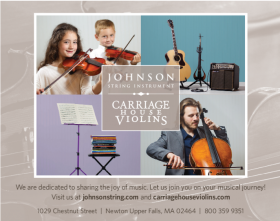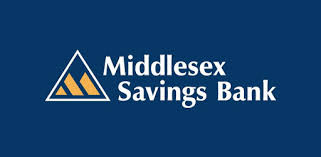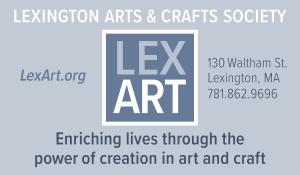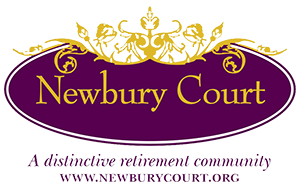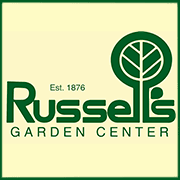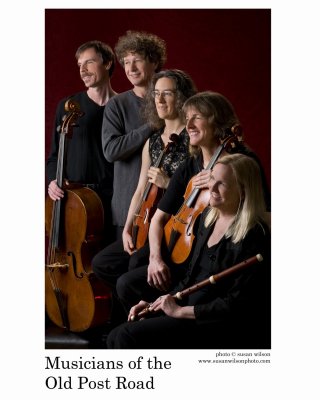 Musicians of the Old Post Road shoot for the ‘Stars’
Musicians of the Old Post Road shoot for the ‘Stars’
By John Zeugner, Telegram & Gazette Reviewer
Posted May 3, 2019 at 12:59 PM
Updated May 3, 2019 at 12:59 PM
It’s no secret that classical music, like everything truthful, rational, beautiful and compassionate, has been losing ground lately. And there are lots of attempted cures: live orchestral accompaniment to intensely popular films; flash crowd-sourced concerts; highly flexible small chamber orchestras (A Far Cry, The Knights); new off-beat venues (nightclubs, waterfront penthouses) for contemporary compositions; steep discounts for under age audiences; and the apparent winner — themed programs that subsume composers under bold titles that suggest potential audiences will find a way into something more than music.
Case in point: “Stars in Their Eyes,” Thursday night’s concert at the Worcester Historical Museum by Musicians of the Old Post Road. One could also point to Worcester Chamber Music Society’s recent concerts boldly titled: “Love and Vengeance”; “Vampires and Crocodiles”; “Censored Identity.” What’s in a name? Maybe a wider audience.
SITE’s bold-titled theme encompassed the surprising proposition that fairly obscure 18th century scientists with astronomical interests also wrote music. SITE took an added step and provided an interesting mini lecture before the concert by Harvard astronomer, James Moran, with details about William Herschel, the most celebrated astronomer of his time for his discovery of the planet Uranus. Herschel was a German émigré to Bath, England, where he was that legendary town’s band director and resident composer until his telescope production and successful data mining of the night sky overflooded and buried his musical career. Moran also supplied information about our own father of rocketry, Robert Goddard.
Only hyper cognoscenti have ever heard of scientist-composers Johann Christopher Schmidt, John Marsh, Johan Daniel Berlin or Carl Frederich Baumgarten. The ever energetic Musicians of the Old Post Road had dug out some of those scientists’ neglected scores, and, characteristically, gave them superbly polished performances. Schmidt’s Chaconne from his Les Quatre Saisons certainly had elements of Vivaldi’s better known version, especially in the supple traverso/flute work of Suzanne Stumpf and her guest partner Rachel Carpentier. Their sweet sound in this piece and also in Baumgarten’s enlarged quartet in the concert’s second half spiraled above and through deft string accompaniment by violinists Sarah Darling, and Jesse Irons, Marcia Cassidy viola and cellist Daniel Ryan. As always Michael Bahmann’s gifted harpsichord playing provided solid underpinning.
For this reviewer, Herschel’s “Symphonia di Camera in F Minor” was the most arresting music of the evening. There was a darker, denser tone to his three movements which seem far less derivative. Marsh’s String Quartet seemed a pale mimic of Haydn’s more spritely and beguiling efforts. Herschel’s work, on the other hand, commanded attention and had almost romantic era anticipations in its suppressed energy and churning but sturdy individual lines. A SITE 2.0 might entirely focus on Herschel.
There was one traditional gesture toward well-knowness: the concert ended with three selections from Rameau’s opera “Castor et Pollux,” and featured guest soprano Kristen Watson resplendent in a black sleeveless gown and striking mirror-grey long scarf. Her delivery in the second “Ariette” movement was sumptuous and stunning as she sang out “Shine, shine, new stars” neatly tying up SITE’s theme.
https://www.telegram.com/entertainmentlife/20190503/musicians-of-old-post-road-shoot-for-stars

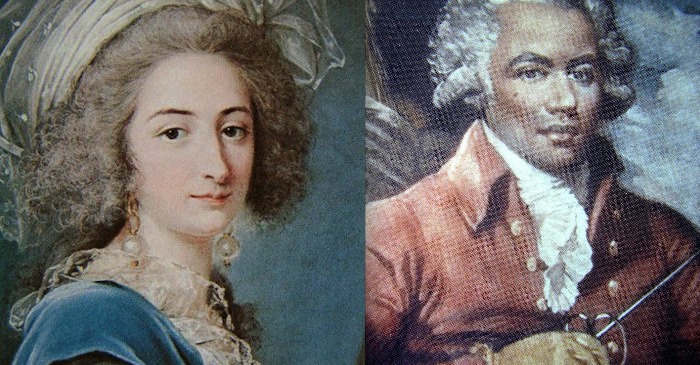
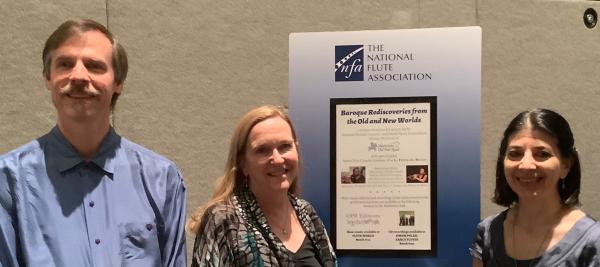

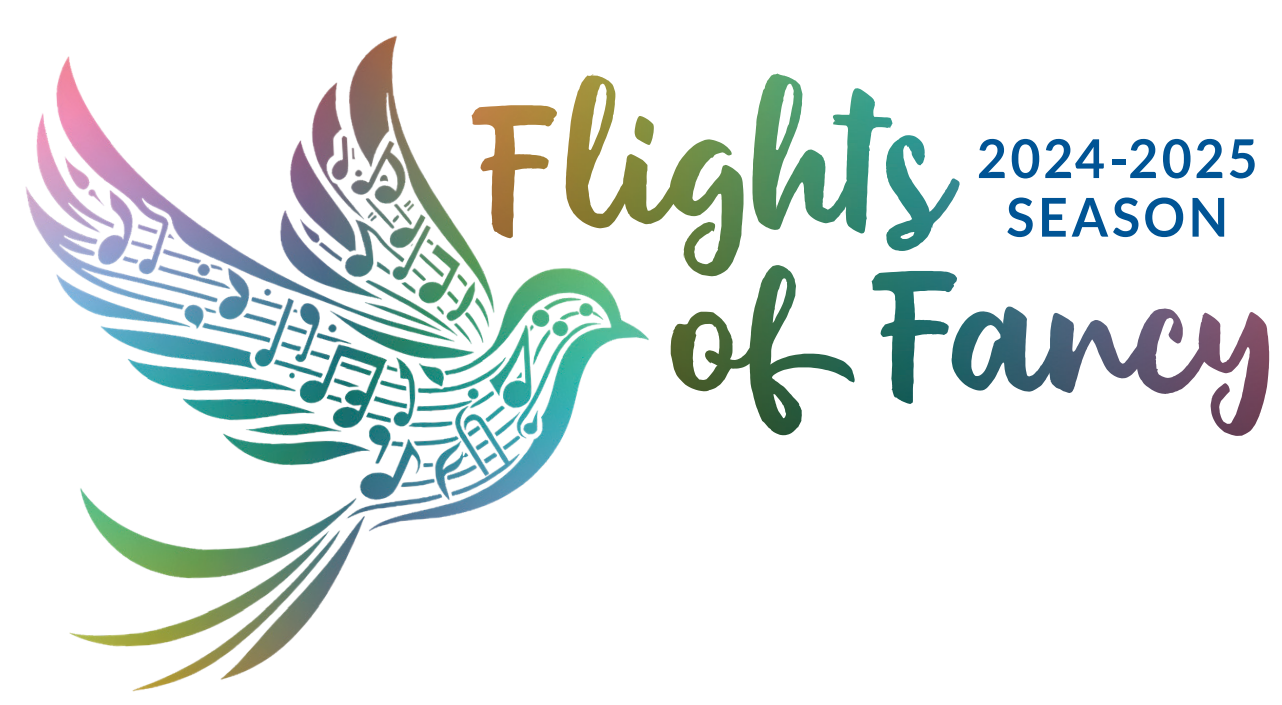
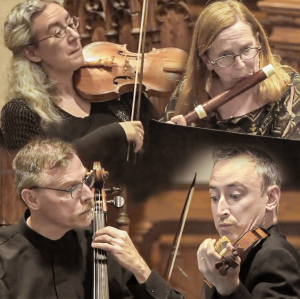
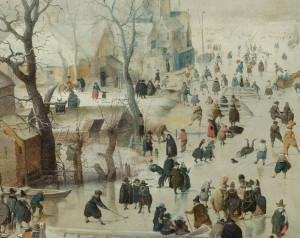
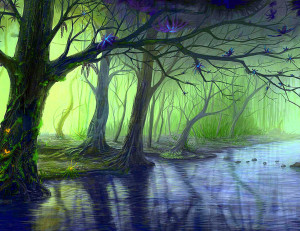
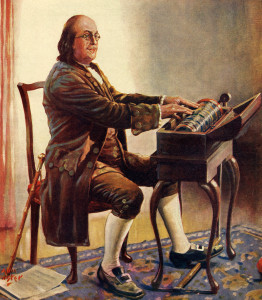
 Musicians of the Old Post Road shoot for the ‘Stars’
Musicians of the Old Post Road shoot for the ‘Stars’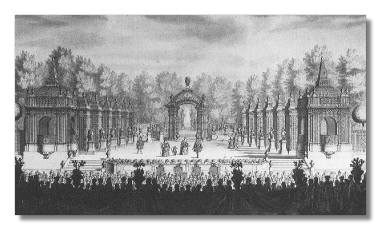
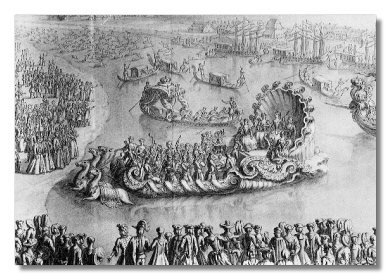
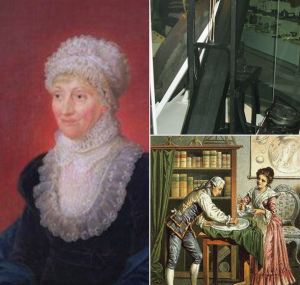 The musician/astronomer Caroline Lucretia Herschel was a younger sister to William Herschel, one of the featured scientist-composers for our “Stars in Their Eyes” program. Like her older brother, she was also an accomplished musician, playing harpsichord and performing as a vocal soloist for the oratorio concerts her brother organized in Bath.
The musician/astronomer Caroline Lucretia Herschel was a younger sister to William Herschel, one of the featured scientist-composers for our “Stars in Their Eyes” program. Like her older brother, she was also an accomplished musician, playing harpsichord and performing as a vocal soloist for the oratorio concerts her brother organized in Bath.